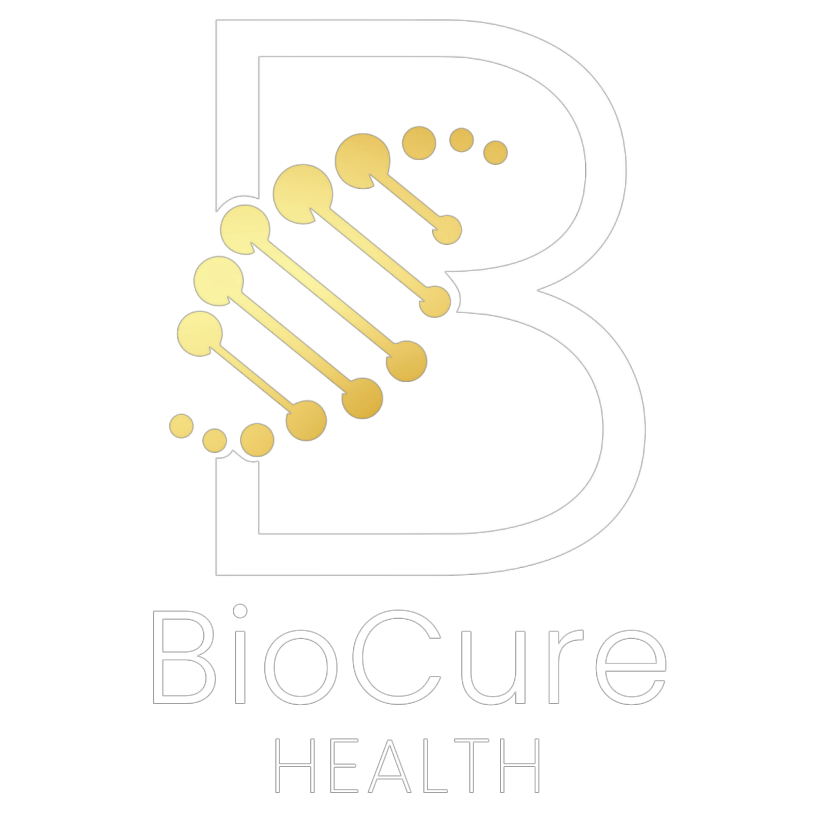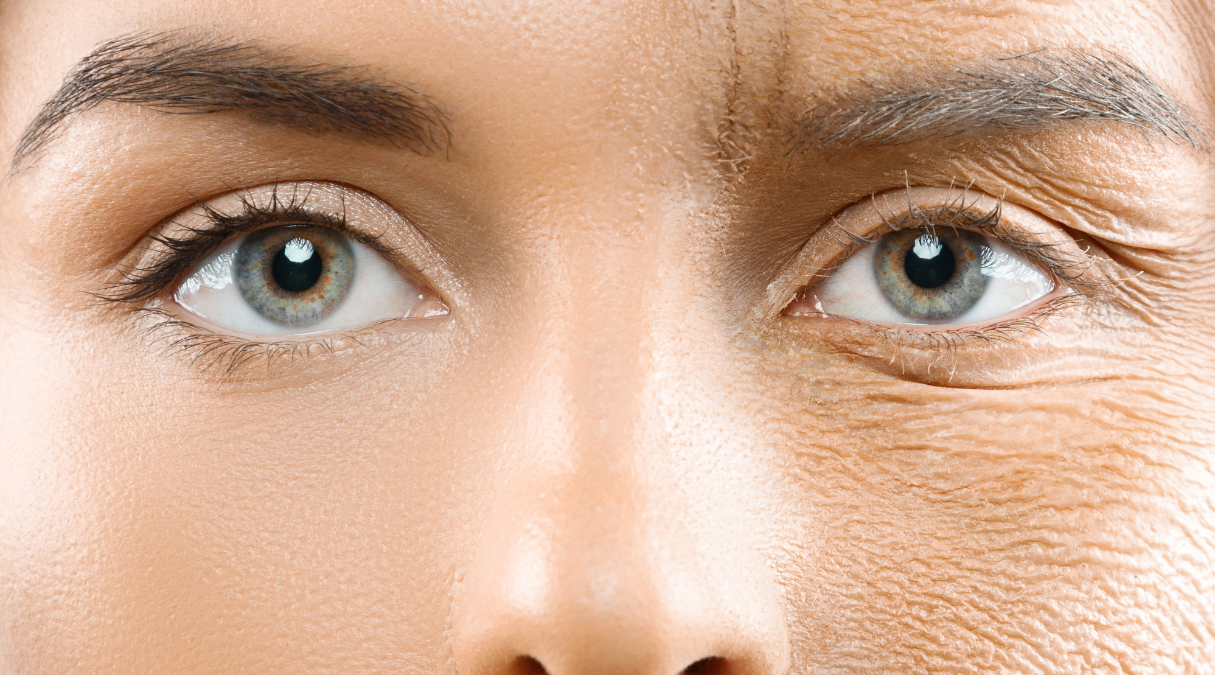In the great world of human biology, cholesterol takes center stage as a vital player. Often misunderstood and unfairly vilified, cholesterol actually plays a crucial role in our bodies. So much so, that in 2019 it was recorded that there are 818 Million Americans on Statin drugs to lower cholesterol. However, new research shows that we may very well be overmedicating ourselves and causing other problems. Let’s embark on a journey to unravel the mysteries of cholesterol and discover its importance!
First, let’s define what cholesterol is. Cholesterol is a waxy, fat-like substance produced by our liver and also found in certain foods. It serves as a building block for our cells, aiding in the production of cell membranes, hormones, brain health and vitamin D. Our bodies are smart enough to produce enough cholesterol on their own, but it can also be obtained through certain parts of our diet.
The 3 common metrics that we look at on our blood work are: Total Cholesterol (the total amount of all cholesterol found in the test tube), LDL (low-density lipoprotein) which is also known as the “BAD” cholesterol, and HDL (high-density lipoprotein) which is the “GOOD” cholesterol. LDL cholesterol can build up in our arteries, leading to plaque formation and increasing the risk of heart disease. On the other hand, HDL cholesterol helps remove excess LDL cholesterol from the arteries and transports it back to the liver for processing. We at BioCUre Health are huge proponents of Calcium Score CT testing. This test gives you insight into whether any blood vessels have plaque, and if so, which ones are at risk. This is very actionable data and we highly recommend doing this prior to jumping on medication. If you have ZERO plaquing, does it matter if your cholesterol is high? Well that is a question best answered by Dr Peter Attia, you can listen to it HERE.
Cholesterol is also a key ingredient in the production of hormones, such as estrogen and testosterone. At BioCure Health, we see lots of patients coming in showing many signs/symptoms of low testosterone…almost inevitably, they are (or have taken) statins. These sex hormones that are affected play a vital role in various bodily functions, including reproduction, development, and metabolism. Without sufficient cholesterol, our bodies would struggle to maintain hormone balance, affecting everything from our energy levels to our mood. So you show high cholesterol, start on statins, then possibly require Hormone Replacement therapy. That is why it is very important to dig deep on your blood work, not just looking at cholesterol levels, but particle sizes and other tests that could give your Doctor a better idea of what you actually need. (disclaimer: consult with your Primary Care Doctor before stopping your statin medications)
In conclusion, cholesterol may have gained an undeserved reputation, but it is truy an unsung hero in our bodies. From building cell membranes to regulating hormones and aiding in vitamin D synthesis, cholesterol is essential for our well-being. So, let’s appreciate the intricate role it plays and focus on maintaining a healthy balance for optimal health.In summary, Cholesterol isn’t always the bad guy. Check with your Doctor so that you have a better idea of which type of cholesterol is high and what you could possibly do to keep the levels in the best range. At BioCure Health, we strive to improve lifestyles and push for our patients longevity. We strive to make all of our patients healthier and lead a life full of vigor and health with an absence of disease. Call or text us at 754-206-0838 to make an appointment for a complimentary phone consultation with one of our longevity experts.







